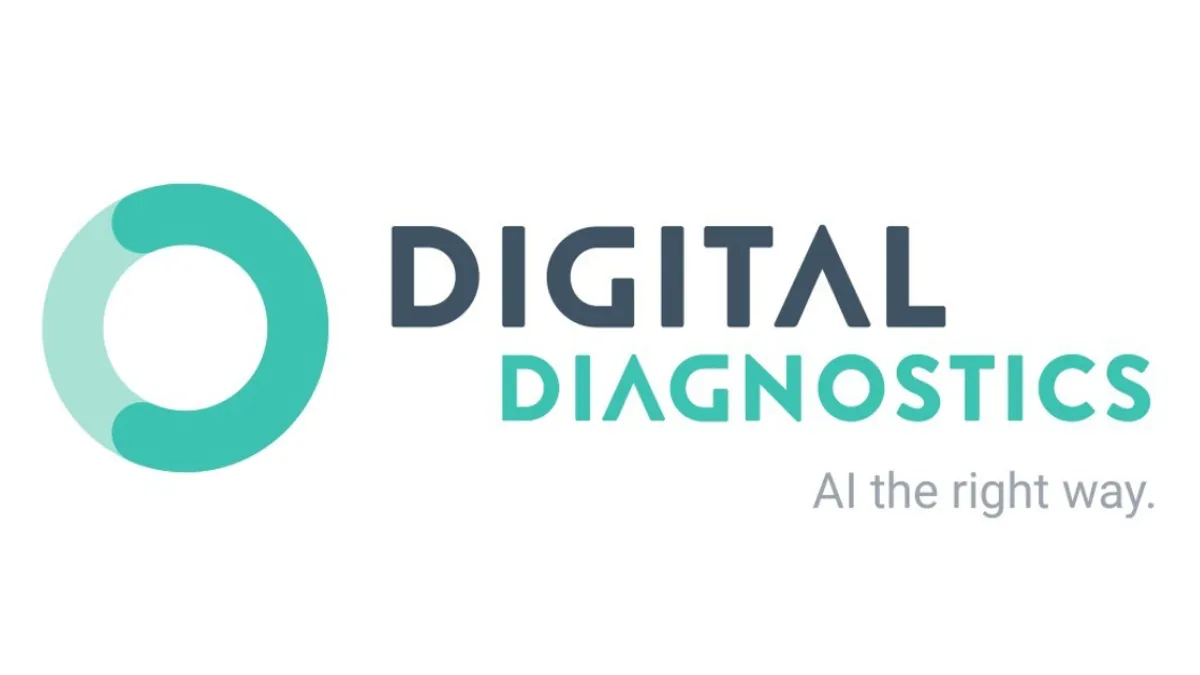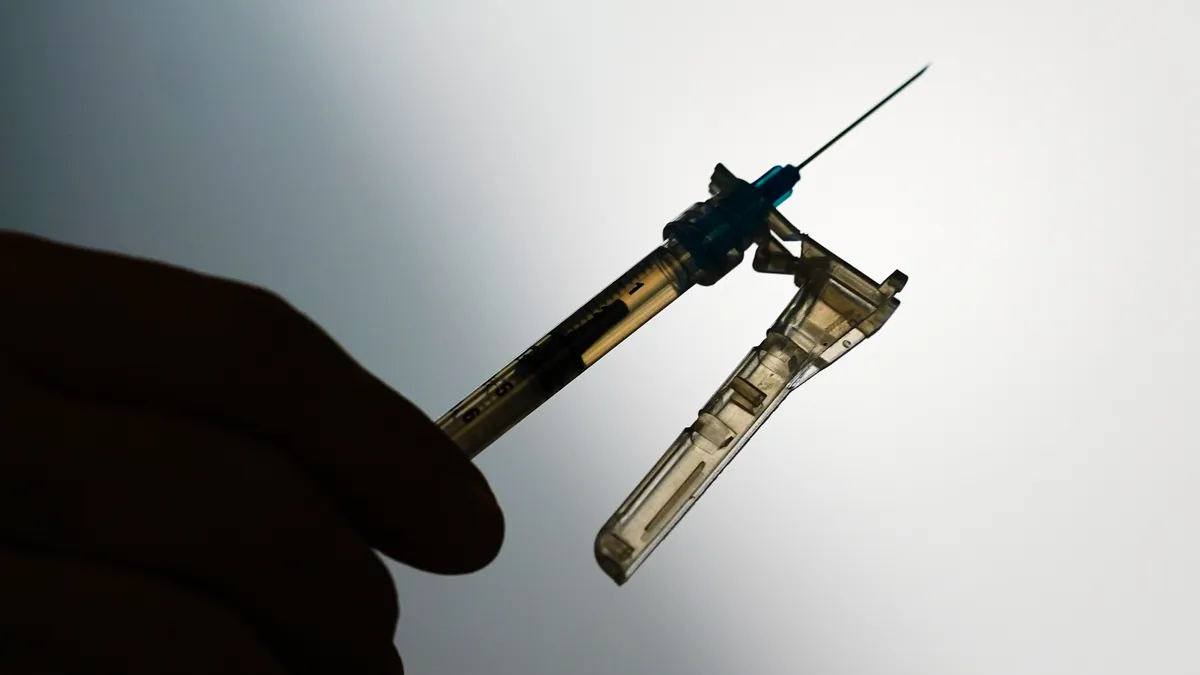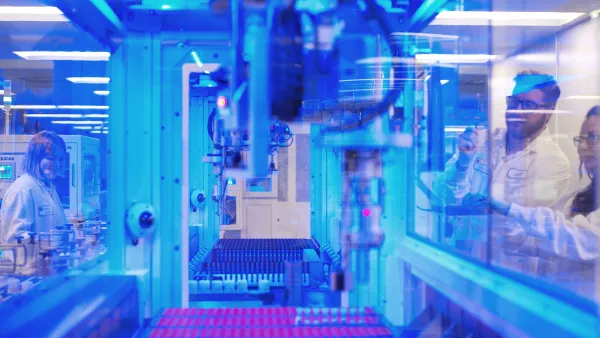Dive Brief:
- Digital Diagnostics, formerly known as IDx, announced Wednesday it will buy 3Derm Systems for its breakthrough device-designated skin cancer detection algorithm.
- When it was still doing business as IDx, the company received De Novo authorization in 2018 for a device to detect diabetic retinopathy, making it the first autonomous artificial intelligence (AI) diagnostic system cleared for sale in the U.S. Now, the company is seeking to build a broader portfolio of autonomous diagnostic products.
- The takeover gives Digital Diagnostics control of two breakthrough device-designated autonomous artificial intelligence systems.
Dive Insight:
The origins of 3Derm date back to 2011, when three engineering undergraduates at Yale University won a $100,000 prize for their skin imaging device. Almost a decade later, 3Derm, led by two of those original founders, landed a breakthrough device designation for an algorithm that uses AI to detect three forms of skin cancer.
3Derm's experimental product, 3DermSpot, analyzes skin images for signs of melanoma, squamous cell carcinoma and basal cell carcinoma. 3DermSpot interprets the images itself and gives providers one of two options: continued monitoring of a benign concern or referral to a cancer specialist.
The potential for computer vision algorithms to improve the detection of skin cancers and mitigate a shortage of dermatologists has piqued researchers' interest, but there remains a lack of algorithms that have been prospectively validated in the automated detection of skin cancer.
3Derm, as only the second company after Digital Diagnostics to get FDA breakthrough status for an autonomous AI, appears to be toward the front of the effort to show that algorithms have a role to play in dermatology. 3Derm will now work toward that goal with the support of a company that has already received FDA authorization for an autonomous AI.
Digital Diagnostics' AI is designed to automate the detection of mild or more severe cases of diabetic retinopathy. The software analyzes images captured by retinal cameras. If the software finds signs of disease, it recommends the referral of the patient to an eye specialist.
As a private company, Digital Diagnostics is yet to disclose the revenues generated by its device. The company overhauled its management team late last year and said it was "poised for significant growth in 2020."
Since then, CMS has issued a proposed rule covering the automated analysis of retina images for the detection or monitoring of disease. The proposed rule, which is scheduled to take effect next year, states CMS considers a code created for automated retina imaging analysis to be a diagnostic service, adding that the agency is "creating separate payment for it."
Digital Diagnostics welcomed the proposal, stating it marks the first time CMS "will cover the use of autonomous AI in healthcare." The company expects the rule to expand access to its product.











